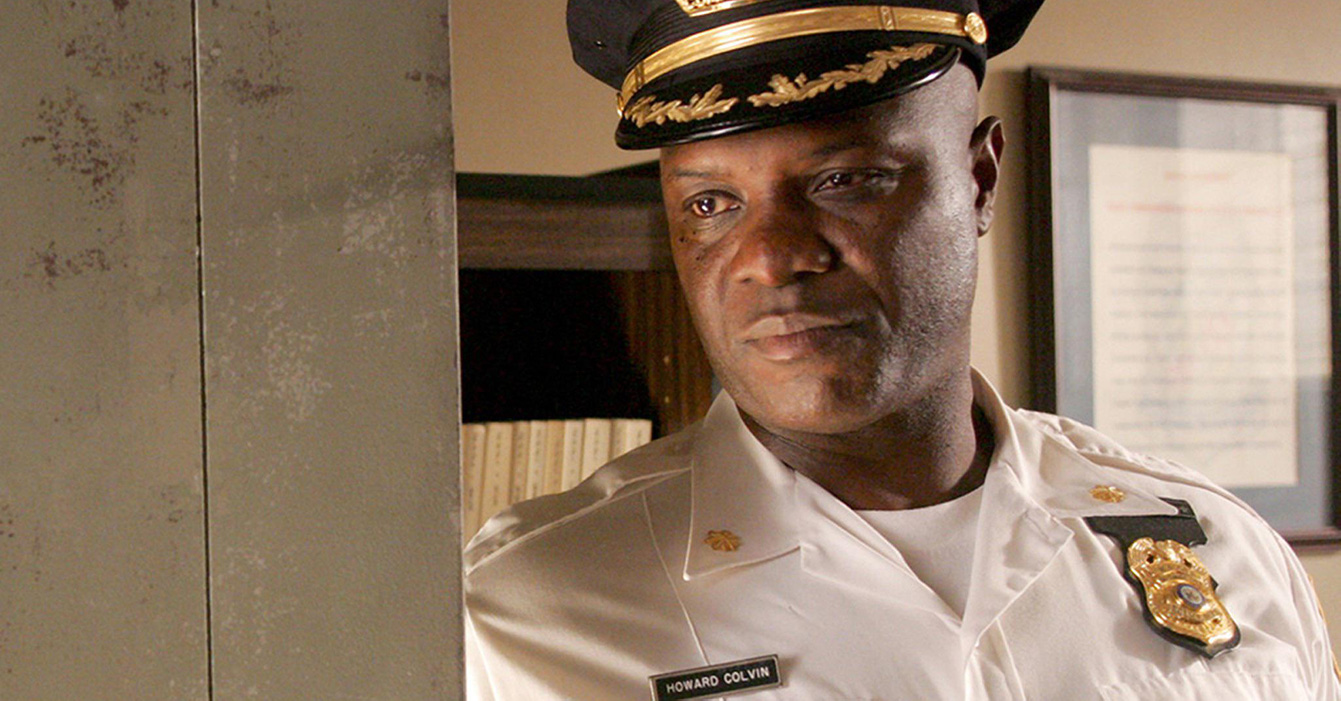I’ve been re-watching “The Wire” with some friends who haven’t seen it before, and, gosh, is it ever relevant for those of us who love the possibilities but face the perils of leadership in Christian institutions.
That seems counterintuitive given the focus of “The Wire.” The HBO drama aired from 2002 through 2008 and centers on drug trafficking and the police force in West Baltimore. It’s brilliant -- albeit deeply unsettling -- television, so much so that multiple universities now offer classes on the show to introduce students to its unflinching portrait of modern urban poverty. David Simon, the creator of “The Wire,” has been outspoken about his belief that “$%!# rolls downhill,” or put differently: hierarchical organization of institutions inevitably benefits those at the top and takes advantage of those occupying the support roles in the pyramid. “The Wire,” Simon has said, is “cynical about institutions, and about their capacity for serving the needs of the individual.”
Despite this apparent tension with what we’re about here at Call & Response -- Christian institutions and their flourishing -- I think Simon’s show offers us an important perspective on what a commitment to institutions amounts to -- and what may be its cost.
My favorite character is a gentle, somewhat world-weary District Commander in the Baltimore Police Department, Howard “Bunny” Colvin. There’s a scene where Major Colvin hosts a town hall meeting and tries to answer questions from concerned parents and community members about what the P.D. is doing to crack down on drug dealers.
Rather than evade the hard questions, Colvin says this:
“I know what’s goin’ on in your neighborhoods; I see it every day. Ma’am, it pains me that you cannot enter your own front door in safety and with dignity. But, truth is, I can’t promise you it’s gonna get any better. We can’t lock up the thousands out there on the corners. There’d be no place to put ’em even if we could. We show you charts and statistics like they mean somethin’. But you’re goin’ back to your home tonight, we gonna be in our patrol cars, and them boys still gonna be out there on them corners, deep in the game. This is the world we got, people, and it’s about time all of us had the good sense to at least admit that much.”
Grappling with the apparent futility of it all, a man in the audience asks, “So… what’s the answer?” And Colvin, measuring his words, replies: “Well, I’m not sure… but whatever it is, it can’t be a lie.”
Yes, it looks like we’re failing, Major Colvin admits. That impression may even be the right one. It may in fact be the case that we’re fighting a losing battle. But it’s a battle that’s still worth fighting. For Major Colvin, doing good police work is still a worthwhile goal. As J. R. R. Tolkien once put it, “There are some things that are better to begin than to refuse, even though the end may be dark.”
I’m hard pressed to think of a more acute commentary on the task of Christian leadership and institutional efforts at community renewal than that. In our churches and ministry organizations, we can’t promise people “answers” per se. We can’t be saviors and messiahs. But what we can promise is faithfulness, perseverance and truth-telling. We can work for a better future filled with peace, justice and equity even if, in the meantime, it looks for all the world as if we’re failing spectacularly.
Christians inhabit institutions and leadership roles on this knife-edge, skirting danger on both sides. We can’t afford to be too sanguine about the easy attainability of change and flourishing. But neither do we despair of the effort. Like Major Colvin and the other ordinary characters depicted in “The Wire,” we live in between hope and the reality that sin persists in the world. Yet as Christians who believe in the resurrection, we know how history turns out. We give our all to the institutions and causes we love -- and we brace ourselves for many defeats, knowing that God has already made the ultimate triumph in Jesus.
Wesley Hill is a PhD student in the Department of Theology & Religion at Durham University in the U.K. You can follow him on Twitter at @wesleyhill .






